Catching the photography bug for the first time is awesome. All of a sudden, a whole new world of gear and travel destinations and techniques and artistry are opened up and you can’t wait to start taking pictures like some of the 500pxers you see on the Popular and Editors’ Choice pages day-in and day-out.
But there’s a downside to being a beginner, and it’s going to trip you up and keep you a beginner for a lot longer if you’re not careful: you ask all the wrong questions.
Given the opportunity to ask a veteran photographer or educator for advice, most newbies will ask about the “right” camera, or the “best” lens, or the “one piece of advice” that will instantly make them 50 times better.
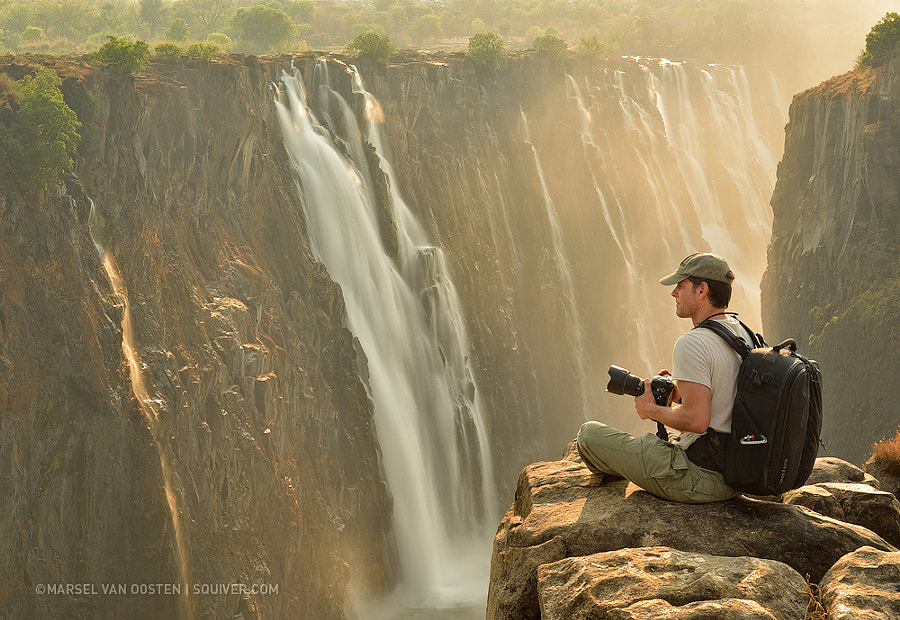
These are natural mistakes to make, because these questions seem perfectly logical when you first pick up a camera. Pro photographers tend to use thousands of dollars in gear, and in the age of the Internet it’s not wisdom unless it can be distilled into a snippet small enough to placed over an inspirational photo and posted to Instagram.
But allow us, dear beginner, to steer you the right direction and away from these questions… at least for a time. Gear does matter, and there are some amazing pieces of advice you can get from the pros, but it’s important to keep first things first.
Follow these 7 underrated pieces of advice and start your photographic journey off on the right foot.
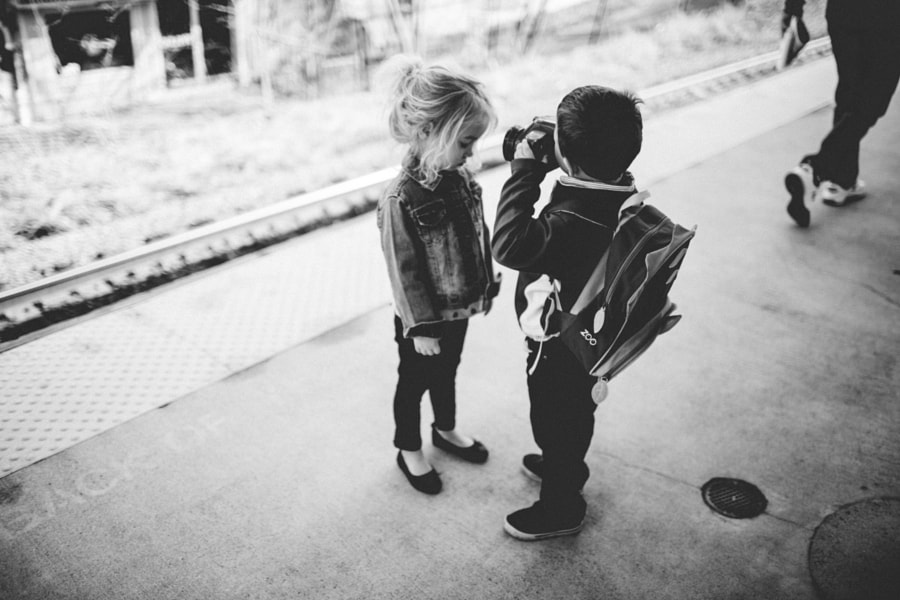
1. Education First, Gear Second
You know how they say to spend your money on experience over things? Scientific research supports this, because while experiences might be fleeting by nature, they become a part of who you are and not just something you own.
This is great life advice, but it’s even better and totally underrated photography advice. Given the choice between a sweet new camera body or lens, and a workshop in or trip to an amazing location, most beginners will chose the gear. Don’t Make This Mistake.
Spend on well-rated workshops, or photo tours to must-see locations, and don’t upgrade your glass and camera until you absolutely have to. Famed National Geographic photographer Jim Richardson once said “If you want to be a better photographer, stand in front of more interesting stuff.”
That 1Dx won’t do you any good if you don’t know how to use it… and there’s only so much you need to photograph at 14fps in your own backyard. Spend on education, spend on experience, forget the gear for now.
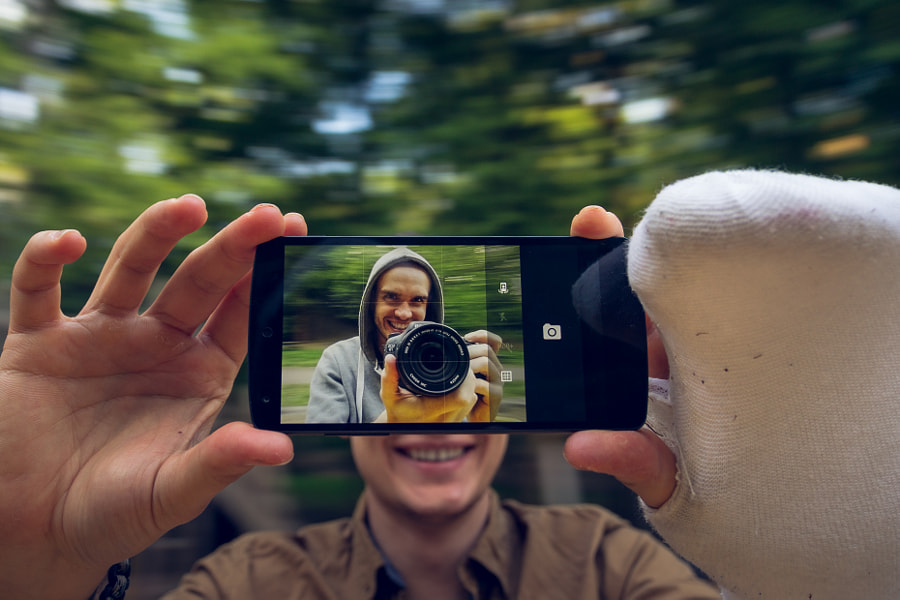
2. Shoot for Yourself, Not Everyone Else
This is ironic coming from 500px, I realize this. The site is often treated like a popularity contest, but that’s not the point of Pulse. The point of pulse is simply to reward visual creativity and ensure that ANYBODY has the chance to have their best work noticed.
To that end, if you’re shooting for Pulse—or likes, or +1s, or comments, or whatever—you’re doing it wrong. This applies to all art, but especially as a beginner there is only one audience you should be shooting for, and that’s yourself.
Shoot what you love, capture things that inspire and move you, make sure that what you’re capturing is bringing you joy first and foremost. People noticing and appreciating it is a nice perk… the cherry on top. Don’t trade the sundae for the cherry: shoot for you, not everyone else.
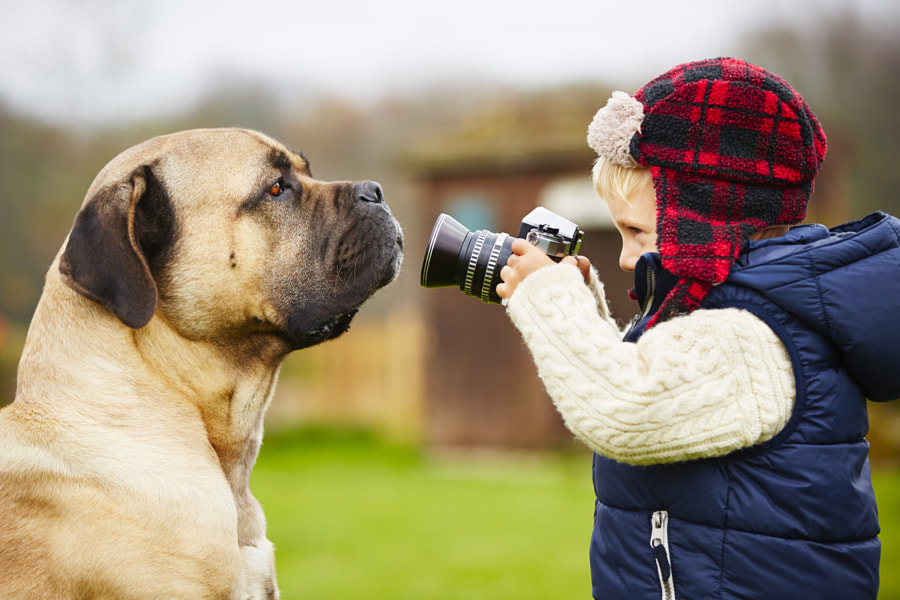
3. Limit Yourself on Purpose
One of the best ways to improve as a beginner is to limit yourself. This applies to genre, too (more on that in a second) but I’m specifically referring to gear.
Shoot only with a smartphone for a solid month and watch what happens to your ability to visualize a pleasing composition when you know the image quality won’t carry you; or limit yourself to a single lens for two or three months and watch your appreciation and understanding of that focal length increase in leaps and bounds!
Setting limitations on yourself—whether it’s gear or time of day you’re ‘allowed’ to shoot or even limiting yourself to ONLY black-and-white for a month—is one of the best ways to grow. Being a jack of all trades doesn’t pay off unless you’re a master of ALL. The only way to do that is to master one at a time: set limits and watch your skills grow.
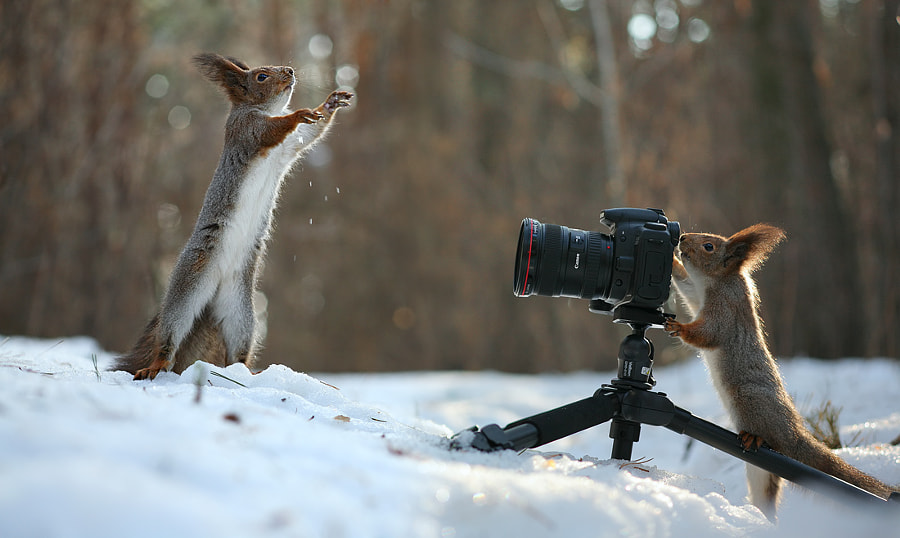
4. Find Your Niche
This is an extension of the previous point, but it stands very much on its own. This is the first piece of advice I give to every beginner I run across, although they rarely want to hear it.
Every beginner has dreams of being Jimmy Chin, Steve McCurry, Henri Cartier Bresson, and Paul Nicklen all at once. But you can’t master adventure, travel, street, and wildlife all at once… or possibly ever.
Experiment with different types of photography all the time, I’m not telling you to pick something right away. But once you find something you like a bit better, make that your focus. You’ll be surprised at how much faster you improve at something when you let go of the compulsive need to do everything.
Specialize. Find your niche and focus on that. It’s always better to go narrow and deep than wide and shallow.
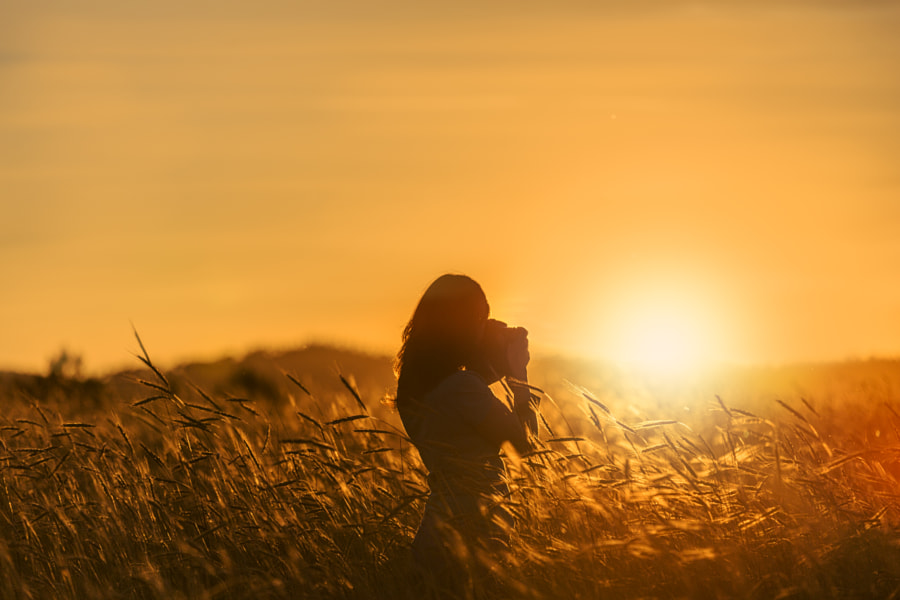
5. Slow Down
One of the things we lost with the explosion of digital photography is an appreciation for taking your time. When you can shoot 1,000 RAW images per memory card why not set it to 14fps and go nuts, right? Wrong.
Yes, spray and pray does occasionally work to capture a great shot, but that reminds me of a saying, “even a blind squirrel finds a nut every once in a while.” Don’t be a blind squirrel… Learn to take a breath, slow down, scout properly, frame slowly, prep thoroughly, and shoot patiently.
Pressing the shutter should be the culmination of piles of preparation and thought. Are you sketching out the compositions you’d like to capture? Are you scouting locations well ahead of time and researching the best possible time or even season to come capture that place? When you’re out shooting, are you looking at your scene or chimping through your LCD the whole time?
Digital photography is great, but and we’re not suggesting you ditch it, but shoot as if you only have 36 photos at your disposal. Slow down, it’s worth it.
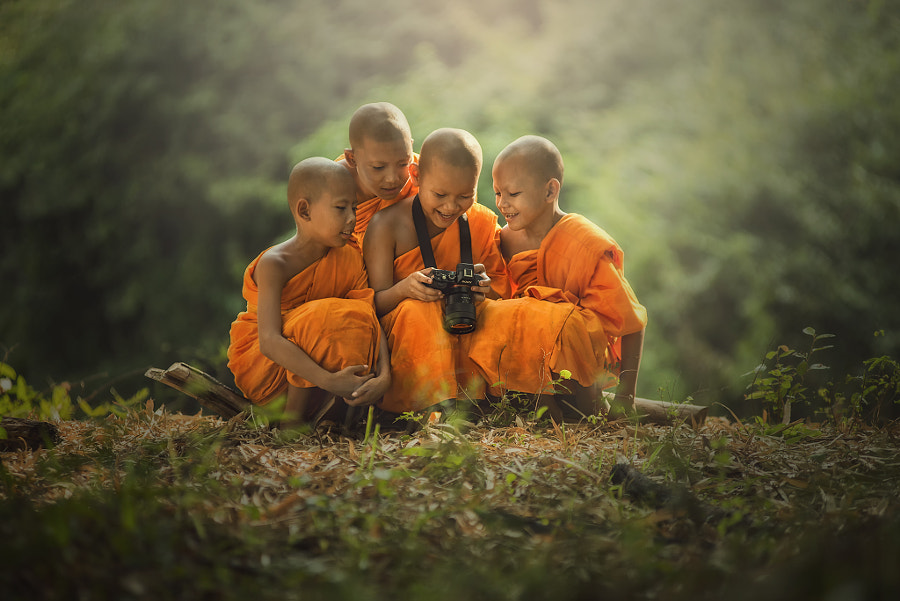
6. Get Connected, Join a Community
I realize this may seem like a pretty self-serving point, but if 500px isn’t your cup of developer, that’s fine: join a community anyway! Whether it’s on Facebook or a local meet-up or a Google+ group (those exist, right?).
Photographing in isolation can be great, but having a group of photo lovers handy to point out mistakes you might have missed or offer perspectives you may never have thought of is incredibly useful.
Plus, connecting with other photographers and sharing your love of photography with the world at large is incredibly rewarding. Don’t get caught up in the popularity contest, and keep shooting for yourself, but if you want to improve quickly then join a community and engage engage engage.
7. Practice, Practice, Practice!
The last piece of advice is the most important, and it’s covered better by Mr. John Free in the video above than I could possibly do in text. In short: practice!
Musicians practice, sports stars practice; pretty much no matter what you choose to do, you’ll have to practice to get there. So why is photography any different? If you want your shutter finger to keep up with your brain, you’ll have to train it bit by bit to do so.
I’ll let John take it from here. Click play above.
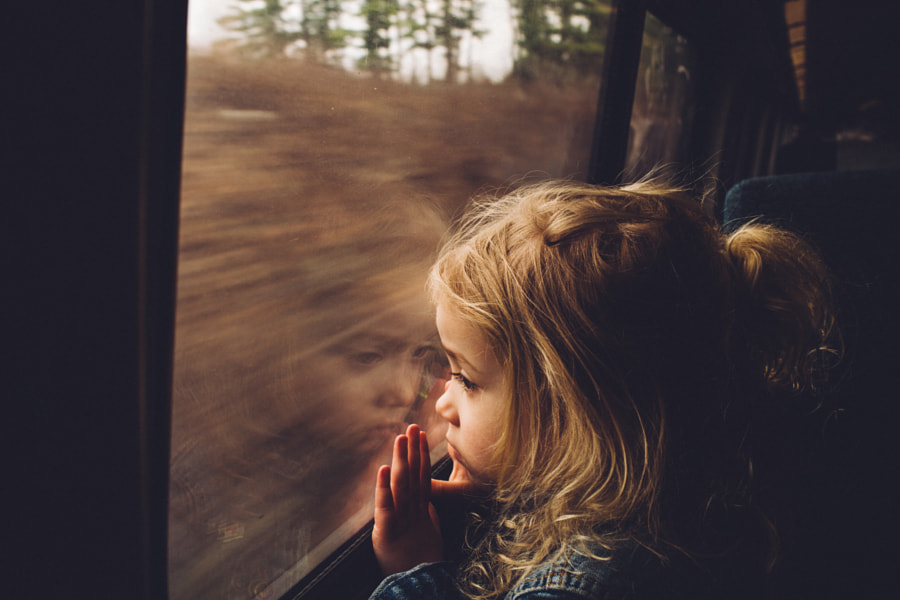
Being a beginner is a ton of fun, and it only lasts for a little while. Take advantage of the fresh, unconventional perspective that your beginner’s mind offers you, but be prepared to ask the right questions when you get stuck.
Ask about practice techniques, or great free educational resources, or engaged photo groups, or life-changing photo tours. Don’t ask about what camera body you should get next…
And you advanced shooters, if you have any more advice or underrated tips to share, please drop them in the comments! Let’s all help each other improve, and make the world a more beautiful place one picture at a time.